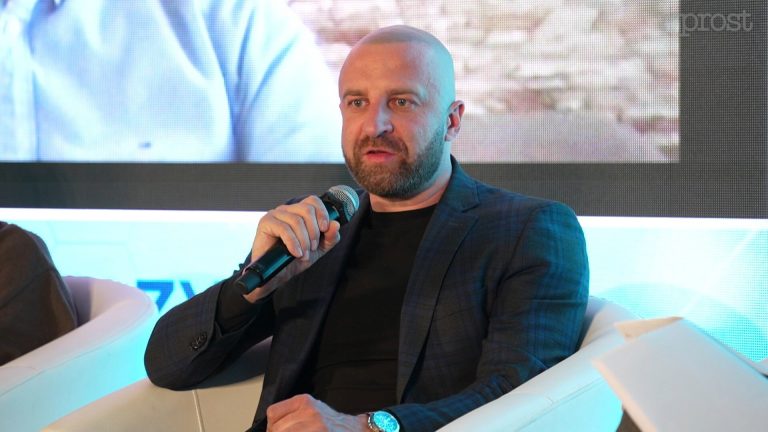“Health Visionaries 2023”: Experts sum up 2023 and talk about challenges for 2024

The next edition of the “Health Visionaries 2023” conference is behind us. The main topics were priorities and challenges for 2024 in health care. They talked about lifestyle diseases, rare diseases, epidemiological challenges, prevention, and human resources in medicine.
Once again, during the conference “Wprost Health Visionaries 2023. Summary of the year”, Wprost talks about the health care system. During the conference, there were a number of thematic panels devoted to lifestyle, oncological and hematological diseases, social diseases and rare diseases. During the conference, together with representatives of the most important public institutions dealing with health care, medical experts and patients, the year 2023 in health care was summarized. Legislative and organizational changes as well as changes in access to medicines were highlighted. Experts also identified the most important priorities for 2024 – they concerned both organization and drug policy. Representatives of the Ministry of Health, health care system experts, medical experts and patient representatives were invited to discuss during the conference. Finally, during the evening Gala, the editorial office of “Wprost” also awarded outstanding people in the field of medicine.
Course of the “Wprost Health Visionaries 2023” conference
The first thematic panel during the “Wprost Health Visionaries 2023” conference concerned health for the new term. Challenges and recommendations were raised in terms of prevention, organization, treatment, quality, but also shortening queues. Specialists emphasized the role of prevention and public education on health care. They also presented their proposals for changes to the health care system.
During the second panel, the issues of challenges in lifestyle diseases were discussed. Experts discussed the non-infectious epidemics of the 21st century, such as heart disease, kidney disease, obesity and diabetes. The experts also touched upon the topic of drug policy – one of the key solutions discussed by the specialists, aimed at reducing cardiac deaths, was the reimbursement of flozins – drugs that are considered one of the most groundbreaking in recent years. The topic of restoring them to the list of reimbursed drugs, but also of expanding reimbursement indications, was discussed. Experts also talked about the need to treat people with obesity: both conservative and surgical treatment, and continuation of the KOS BAR program.
During the third panel, specialists discussed immunotherapy and targeted treatment in solid cancers and hematological cancers. In recent years, two groups of drugs have become a breakthrough in the treatment of these oncological diseases – immunotherapy and targeted drugs. They are changing modern oncology and giving many patients a chance.
The fourth panel was devoted to the revolution in rare diseases. It concerned diagnostics and modern therapies. Among the topics discussed was the “Plan for Rare Diseases” – whether it actually improved the situation of sick patients. The panel also discussed how new therapies for rare diseases should be made available to patients. Specialists also talked about the biggest challenges in the diagnosis and treatment of rare diseases.
The fifth panel discussed the issue of epidemiological challenges and social diseases, but also health-promoting activities. Public health challenges in the context of an aging society were also discussed. Specialists also talked about osteoporosis and neurological diseases with great emphasis on prevention, which is necessary at every stage of life. The role of employers in the prevention of lifestyle diseases was also an important topic.
The topic of the sixth expert panel was: “Amyloidosis transthyretin (ATTR): What challenges do patients and doctors face?” It was an editorial meeting whose aim was to raise the issue of how this disease should be diagnosed and treated and to develop the most important points so that patients could be cared for in the best possible way in the Polish health system.






